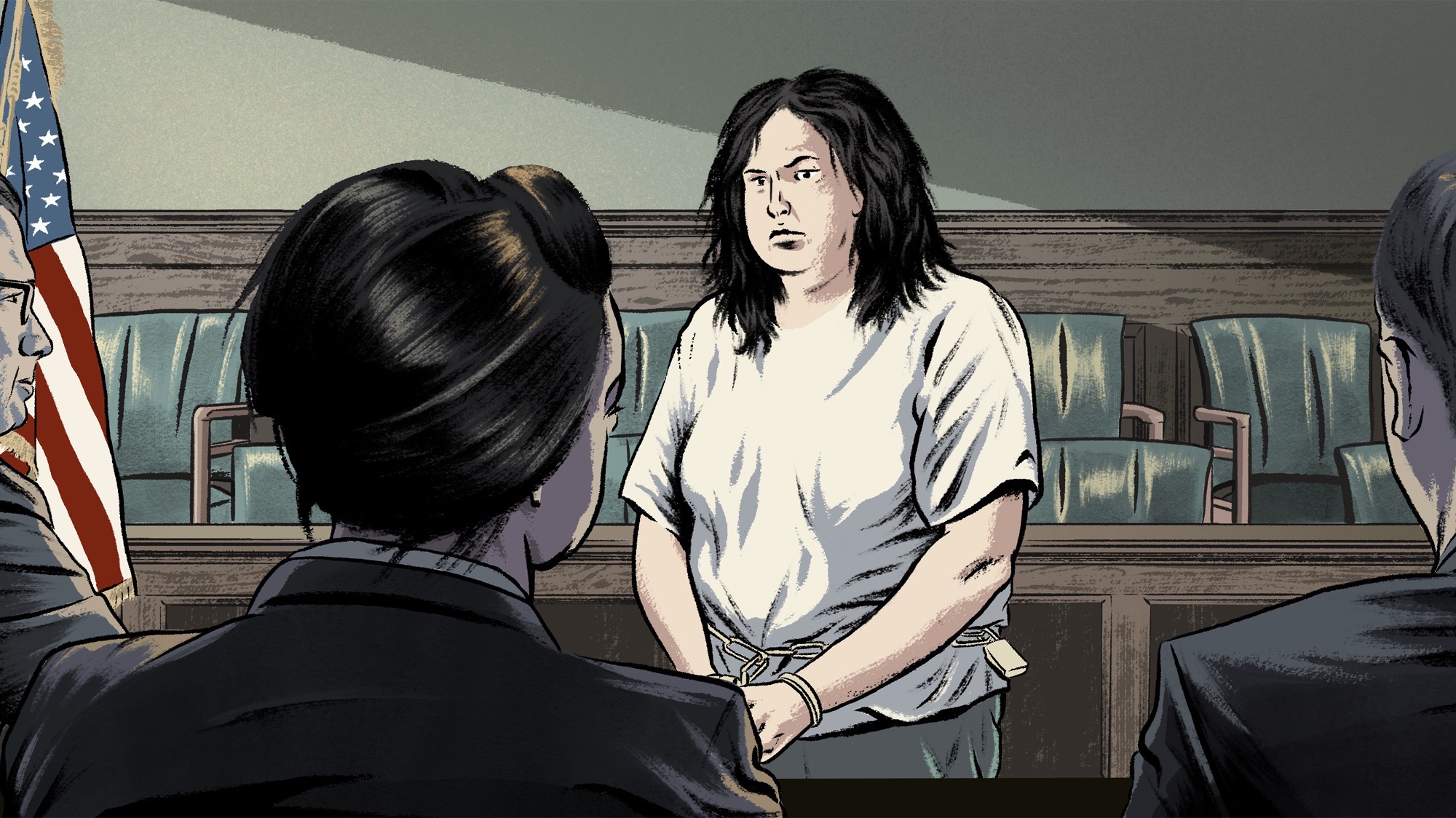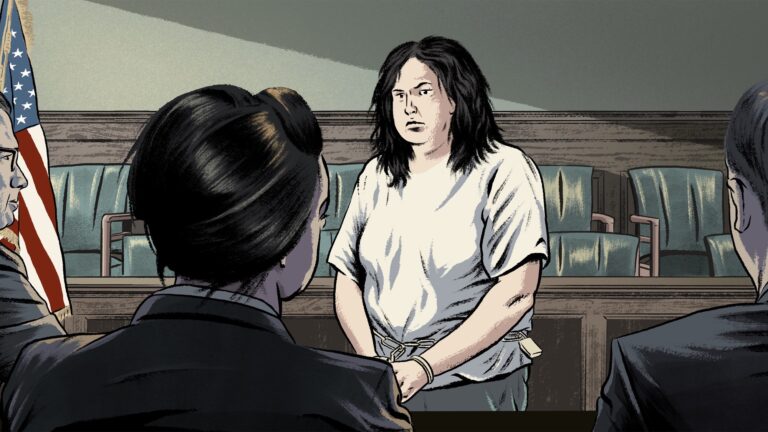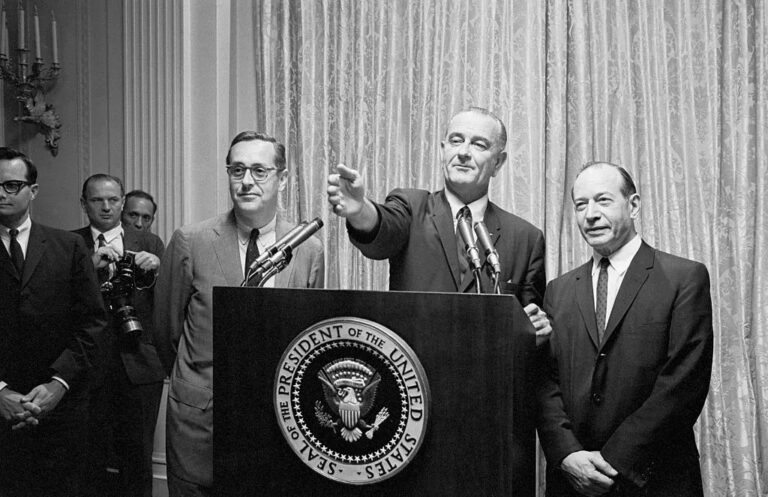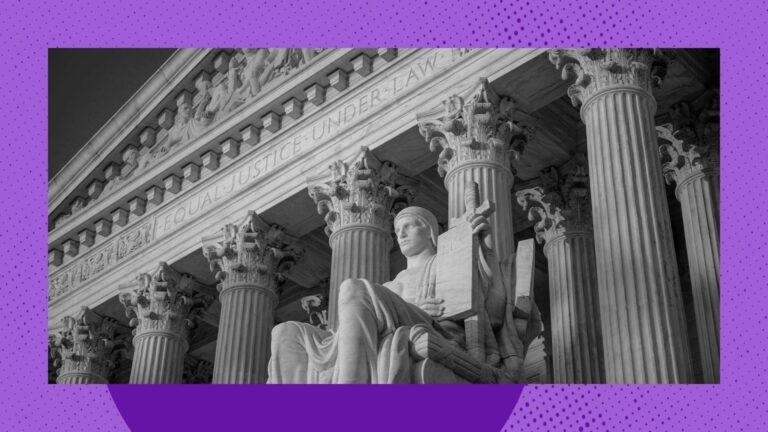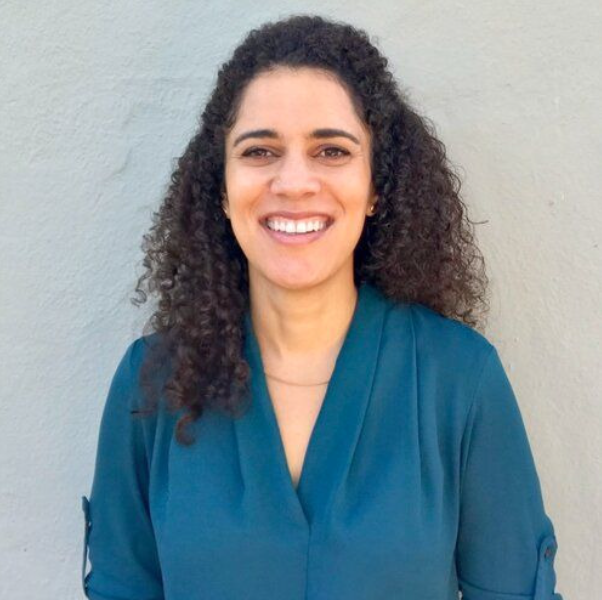This trans woman is suing federal prison for failing to keep her safe
More Of This
The first punch to her head knocked Grace Pinson to the floor. She put up her arms to protect her face as Ricki Mahkimetas struck her again. When his fist hit her nose, she felt it crunch.
The cells in the special housing unit at the federal penitentiary in Tucson, Arizona, have solid steel doors, making it almost impossible to see what is going on inside. Each cell is designed with an alarm button that can alert corrections officers down the hall if there’s an emergency. But Pinson’s cell had no button—just a hole in the wall with exposed wires.
Pinson is transgender, a woman with breasts and long curly hair in a prison full of men. She is also a dogged jailhouse lawyer. Over the 17 years she’s spent in federal prison, she’s brought more than 100 lawsuits against the Bureau of Prisons and its staff.
Read the rest on Mother Jones
How liberal lawyers handed the Supreme Court to the conservative legal movement
More Of This
As the Supreme Court launches a new term, it remains dominated by a 6-3 super-majority that has ushered in one of the most conservative eras in the institution’s history. In recent years, the justices have overturned key precedents on abortion, gun rights, and the power of federal regulators while forging a groundbreaking path in areas spanning religious liberty, presidential immunity, and other fields that have damaged the Court’s reputation and instigated calls for reforms.
The lurch to the right is the culmination of a more than 50-year transformation. Most Americans are familiar with the latest chapters of that story. Senate Republicans, for example, used unprecedented tactics to prevent Democratic President Barack Obama from filling the Supreme Court seat of the late conservative Justice Antonin Scalia in 2016. They justified the move by claiming that a seat should not be filled in the final months of a presidential term. Four years later, however, they flipped positions and rushed the conservative Amy Coney Barrett through the confirmation process after liberal Justice Ruth Bader Ginsburg died months before the end of Republican Donald Trump’s presidential term.
Read the rest on Time Magazine
SCOTUS might decide the presidential election (again)
Speaking Of...
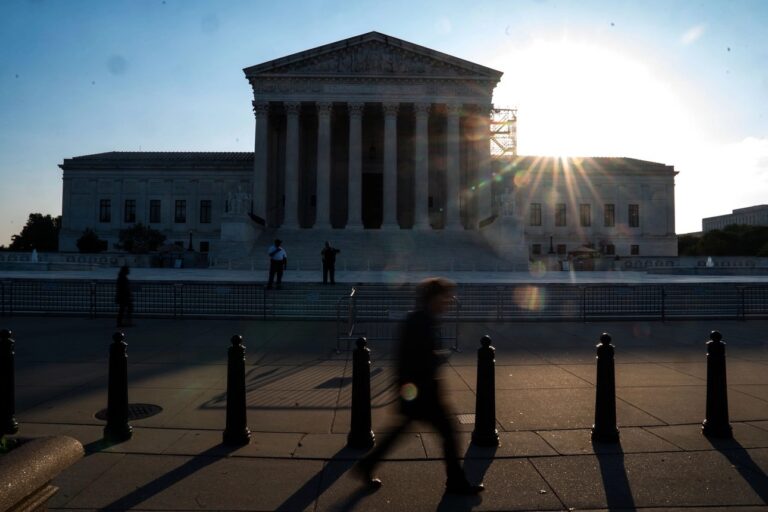
Aziz Huq teaches law at the University of Chicago and is the author of The Collapse of Constitutional Remedies.
The new Supreme Court term that began this week isn’t overflowing with obvious blockbusters. The justices have taken one big culture-war case — a challenge to Tennessee’s ban on gender-affirming health care for trans youth — but turned down invitations to deepen the court’s assault on the administrative state.
Will such modesty last? One reason to think not is this: The presidential election cycle is just getting to the point where political conflicts could mutate into constitutional cases. In fact, the Supreme Court has already shown it is unafraid to scramble electoral rules mere weeks before balloting starts: It recently accepted a Republican effort to require proof of citizenship for some Arizona ballots.
It’s impossible to predict whether another Bush v. Gore is around the corner. Yet the court may well soon face a high-profile dispute with no obviously “right” legal answer — and where the result decides the election.
Three paths already exist for the Supreme Court if it wants to reshape the 2024 outcome.
Read the rest on Politico
Protecting your civil rights could get more expensive
Perspective
About a decade ago, Damian Stinnie became one of hundreds of thousands of Virginia drivers punished by the state for his poverty. After Damian received several traffic citations, he was given 30 days to pay about $1,000 in fines and fees—at least three weeks’ pay at his minimum wage job at Abercrombie & Fitch. When he failed to meet the deadline, the state automatically suspended his license without so much as a hearing on his ability to pay. Damian, who had been diagnosed with lymphoma and was undergoing chemotherapy around this time, was trapped: He wouldn’t be able to pay off the fines and reinstate his driver’s license without a steady job, and he wouldn’t be able to hold down a steady job without a driver’s license.
In 2016, the Legal Aid Justice Center, a Virginia-based nonprofit, filed a class action lawsuit on behalf of people like Damian, whose licenses were suspended indefinitely because they didn’t pay court costs and fines that they couldn’t afford. As of 2018, the Fines & Fees Justice Center estimated that about a million people in the state—nearly 1 in 6 drivers—had their license suspended for failure to pay.
Read the rest on Balls & Strikes




